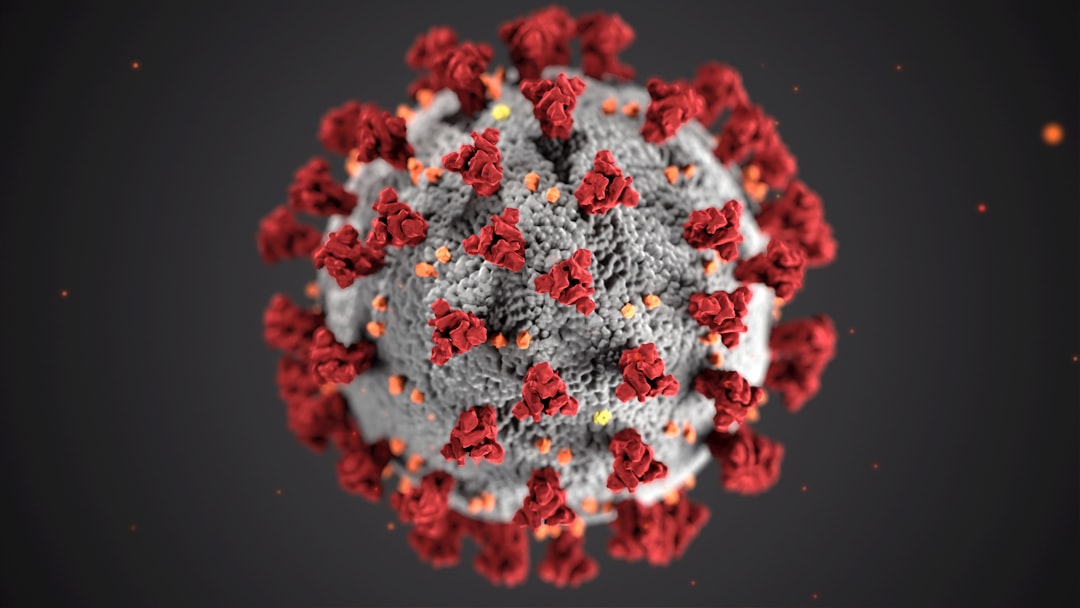What is it about?
Early life environment, and notably nutrition, can have consequences on later health in adulthood, a concept named DOHaD for Developmental Origins of Health and Diseases. The intestinal microbiota, that is the microbial communities that we host in our gut, represents a key factor of such programming. Indeed, it colonizes our gut immediatly after birth (and even a little bit earlier), and is very dependant on the mum's microbiota and the infant nutrition. The intestinal microbiota interacts with its host physiology and dysbiosis (impaired microbiota) has been described in many chronic diseases such as obesity or type 2 diabetes. Prebiotic fibers are non digestible ingredients, which arrive intact in the distal (the end) part of the intestine were they are fermented by the microbiota and favor beneficial bacteria. We therefore made the hypothesis that giving prebiotic fibers to mums could favor the implantation of a beneficial microbiota in their offspring, and a healthier status later on as adults. In a pig model, we gave prebiotic fibers or a control non- prebiotic ingredient to mums and analyzed their offspring microbiota and health status as infants and as adults. We showed that perinatal prebiotic supplementation did induce a long-lasting modulation of intestinal microbiota and had beneficial consequences on the host physiology in adulthood. Our results highlight the key role of perinatal nutrition on later microbiota and host metabolic health and could thus be relevant to develop nutritional strategies to prevent metabolic disorders.
Featured Image
Read the Original
This page is a summary of: Perinatal short-chain fructooligosaccharides program intestinal microbiota and improve enteroinsular axis function and inflammatory status in high-fat diet-fed adult pigs, The FASEB Journal, January 2019, Federation of American Societies For Experimental Biology (FASEB),
DOI: 10.1096/fj.201800108r.
You can read the full text:
Contributors
The following have contributed to this page










